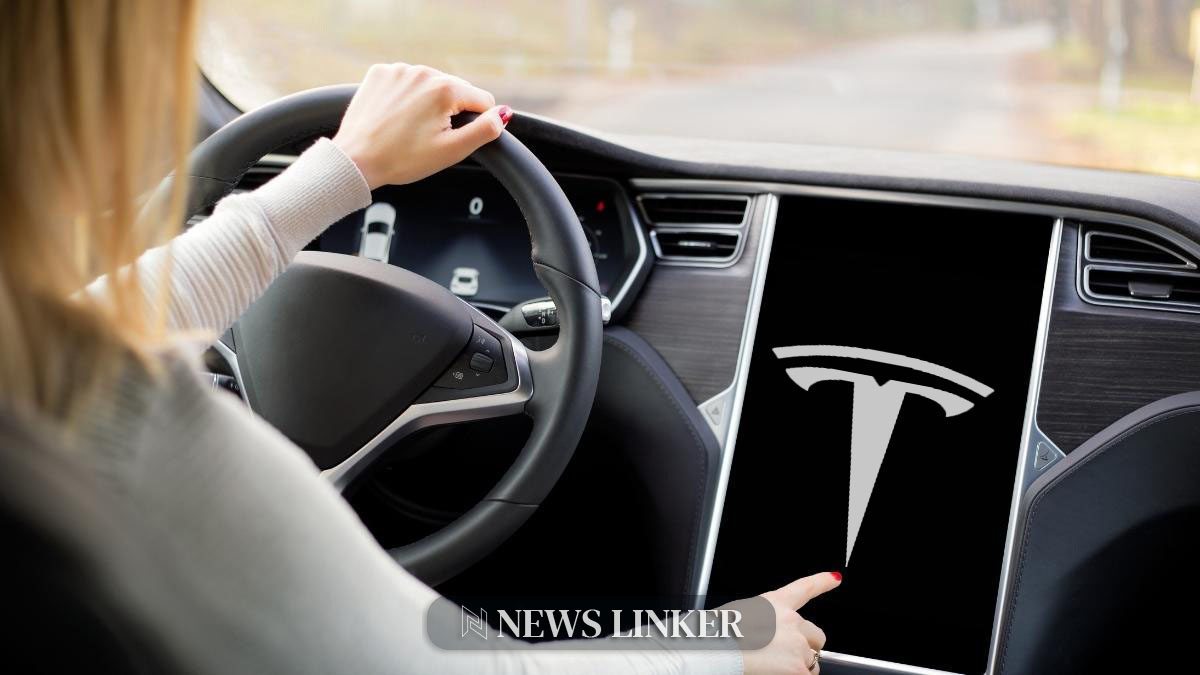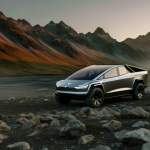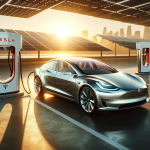In the highly competitive field of artificial intelligence, Tesla’s strategy to retain key talent has taken a new turn according to CEO Elon Musk. Addressing the staff turnover and recruitment challenges, Musk revealed that Tesla increased compensation for its AI engineering team to combat aggressive poaching efforts by OpenAI. The recent relocation of a Tesla Autopilot Vision Team member, Ethan Knight, to Musk’s own AI startup, xAI, underscores the strategic moves being made to safeguard Tesla’s intellectual capital.
The talent landscape within the AI industry has been historically dynamic, with companies vying for the best minds to lead innovation. The case of Knight’s shift from Tesla to xAI, as Musk articulated, was driven by the potential loss of Knight to OpenAI, a competitor in the AI field known for its groundbreaking work with GPT-4. OpenAI’s recruitment strategies have included substantial compensation offers to lure top engineering talent away from Tesla. Musk’s recent statements on this issue highlight the extremity of the AI talent war, with Tesla now responding through enhanced compensation packages linked to the progress of their AI projects.
Tesla’s Retention Tactics
As Musk noted, the competition for AI talent has reached unprecedented levels. Musk publicly acknowledged that OpenAI had been successful in recruiting several Tesla engineers with lucrative pay offers. Tesla’s countermeasure is a structured increase in compensation for their AI team, dependent on achieving certain milestones. This approach aims to motivate and maintain their team, ensuring the company’s ambitious goals in AI development, such as achieving autonomous driving solutions, are met.
The AI Industry’s Recruitment Battle
In the tech industry, poaching top talent is not an uncommon practice, and the AI sector is especially fierce. Other companies are also ramping up their efforts to attract skilled professionals. For instance, a recent article on Engadget titled “AI startups lure tech talent with promises of cutting-edge projects” explores how startups are offering competitive perks and innovative projects to entice engineers. Another example from CNET’s “AI engineers in high demand as industry seeks to advance technology” details how demand for AI professionals is outstripping supply, leading to a surge in salaries and benefits.
Responses to Competitive Recruitment
Musk’s initiative to increase compensation for Tesla’s AI team is not only a defensive move against competitors like OpenAI but also reflects a broader industry trend. As companies seek to advance their technological capabilities, compensation has become a significant factor in attracting and retaining the necessary talent to drive innovation forward.
Useful Information for the Reader
- Tesla is actively adjusting compensation to retain AI talent.
- OpenAI’s aggressive recruitment has impacted Tesla’s engineering team.
- AI talent wars indicate a high industry demand for skilled professionals.
The talent war in AI has prompted Tesla to adapt its retention strategies, signaling the critical importance of human capital in the tech industry’s race for innovation. By increasing compensation for its AI engineering team, Tesla not only strives to keep its talent pool intact but also lays the groundwork for future advancements in autonomous technologies and robotics. These moves mirror industry-wide efforts to secure and nurture the expertise necessary to lead in the highly competitive AI market. Musk’s bold stance reflects a company as motivated to protect its team as it is to push the boundaries of AI technology.










